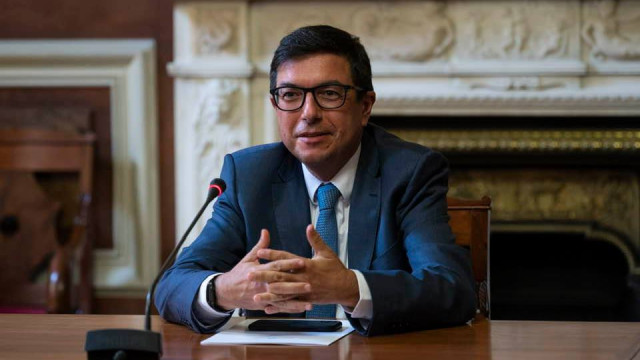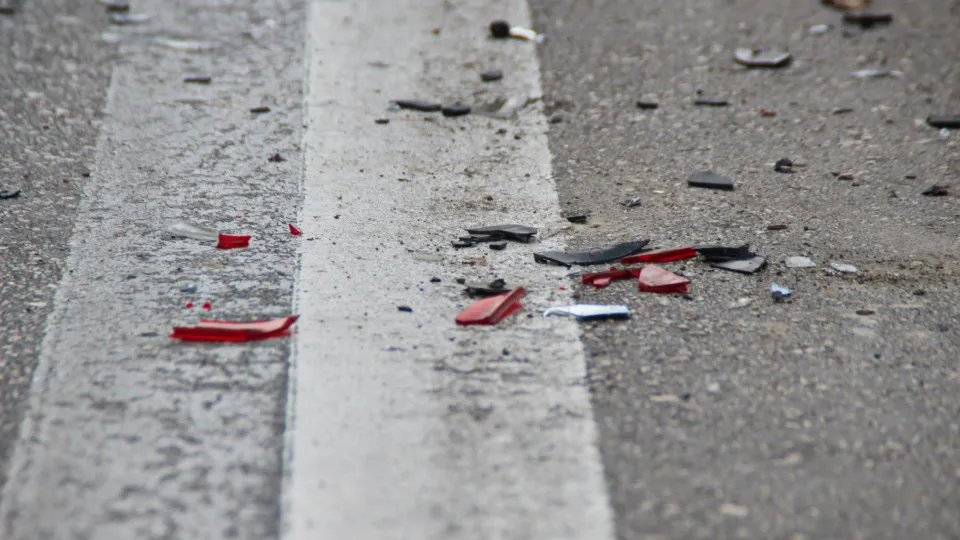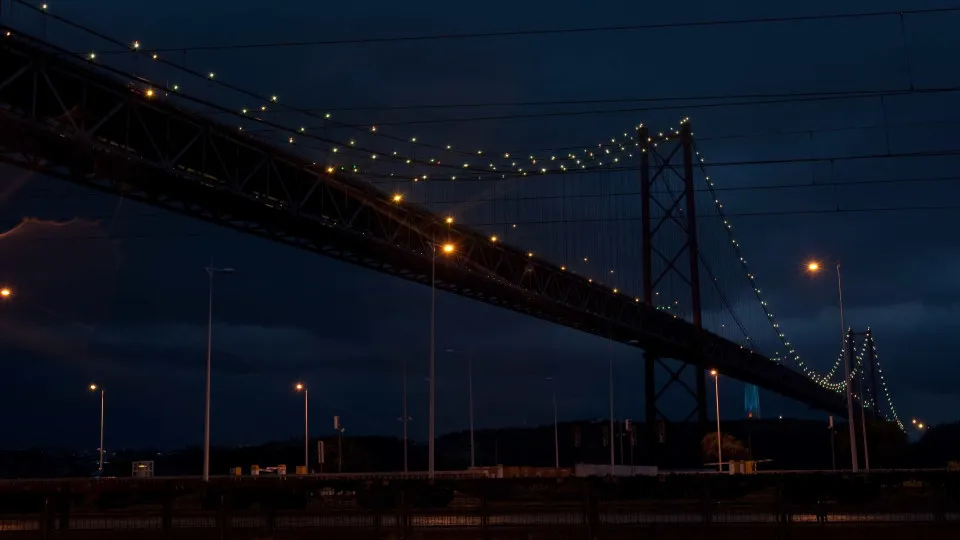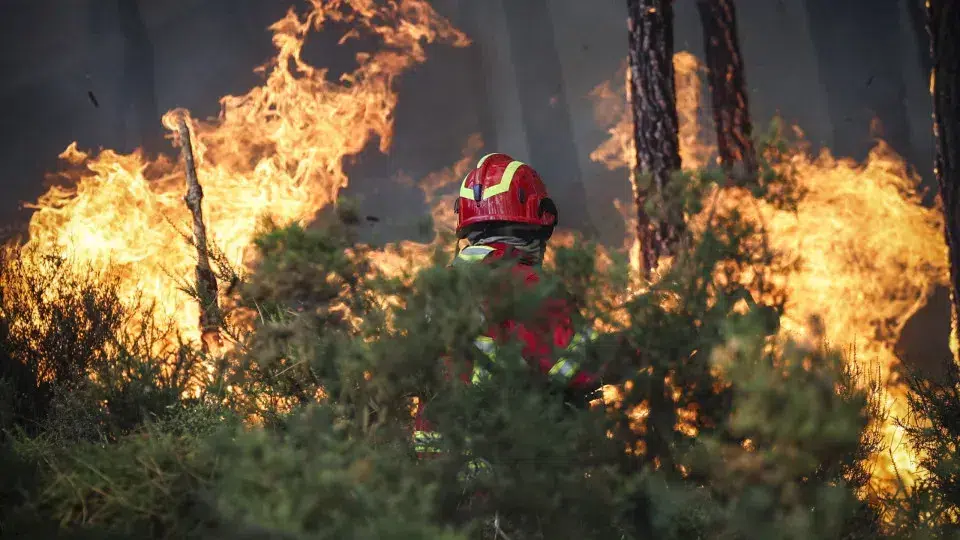Portugal experienced another out-of-hospital birth this Wednesday, August 27, specifically in an ambulance, due to constraints at the hospital nearest to the residence.
Matilde was born in the early hours on the A1, en route to Hospital São Francisco de Xavier in Lisbon, as the gynecology and obstetrics emergencies at Hospital de Vila Franca de Xira were closed.
The birth took place just before the Alverca tolls in an ambulance from the Samora Correia Volunteer Firefighters.
Matilde was delivered with assistance from firefighters Lúcia Moreira and António Pedro, supported by the medical team from Vila Franca de Xira’s Medical Emergency and Resuscitation Vehicle. Both mother and baby are doing well.
“Not Related to Emergency Room Closures”
Recently, Álvaro Almeida, the executive director of the National Health Service (SNS), acknowledged a “slight” increase in ambulance births but argued that these situations “are not directly related to the closure of emergency rooms.”
“There is indeed a slight increase in the number of births outside homes and hospitals, roughly six more this year compared to last year, but it is not directly related to emergency room closures. The number of closures is lower this year than last year,” he stated in an interview, assuring that the Executive is “analyzing each of the 56 cases” known to them to “understand why there is this slight increase this year.”

Álvaro Almeida, the executive director of the SNS, assures that the health sector in Portugal “is better than it was last year or two years ago” and that the “slight” increase in ambulance births “is not directly related to the closure of emergency rooms.”
Natacha Nunes Costa | 07:57 – 21/08/2025
According to the official, “these are few cases in absolute terms, which means each one has its specificity.” “We are trying to identify a pattern, common lines, that allow us to act and correct certain matters,” he affirmed.
The SNS executive director regrets the situation but highlights that “in certain cases, the situation develops so quickly that it would never be possible to respond,” while recognizing that “in other cases, some difficulties in the response process may be at stake.”




